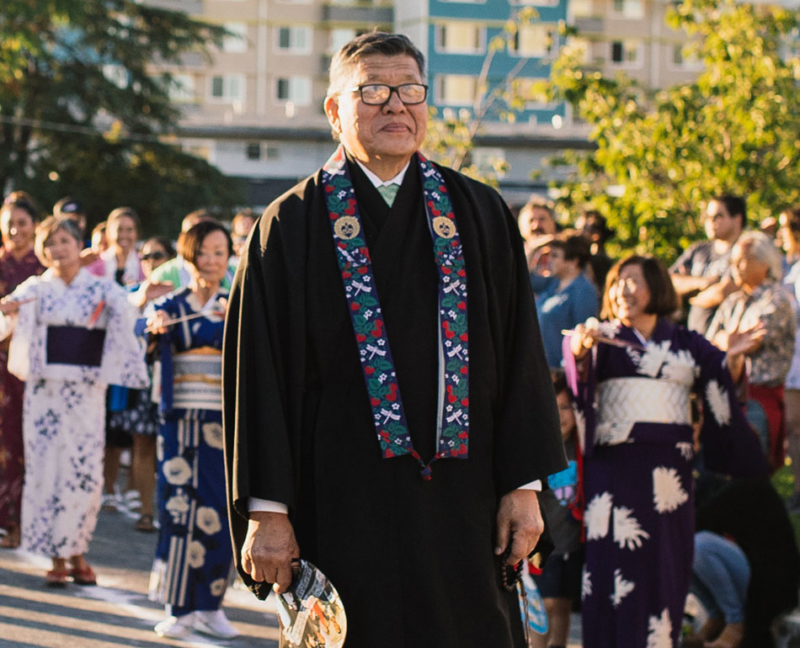Pillow Services, Funerals and Memorial Services
G Sakamoto
Stay home. Stay safe.
It’s okay to delay funerals and memorial services. From a Buddhist perspective nothing bad will happen if we don’t observe these services immediately. On the other hand gathering together even in groups of less than ten people risks the spread of the virus. In the world of religious practices some have begun to conduct death rituals remotely. Other traditions have closed churches completely. Not allowing anyone into sanctuaries, proactively preventing transmission not just from person to person but from surfaces that may have been contaminated.
Rituals are way of bringing order and continuity into our lives. In these very anxious times rituals can be especially meaningful. Among the more important rituals are rituals that surround the death of family and friends. When someone dies, someone with whom we have had a special relationship, rituals and practice provide comfort in a chaotic time. Rituals can provide a framework that is familiar, reliable and stable.
Buddhism reminds us that all things are in a process of change; becoming, disappearing, unfolding. The rituals too that seem so deeply embedded in our tradition have changed over time. Things that were once commonly practiced are no longer observed. Fifty years ago we observed a ceremonial ritual of washing the body of the deceased. We used to observe seven, seven day memorial services today we usually observe the first seventh day service and the seventh seventh day or forty-ninth day service.
How we prepare for and observe the practice of rituals expresses the importance of what we do. We are willing to use time and energy and resources to observe the ritual to the best of our ability. This is important. Recognizing the importance of what we do acknowledges the importance of the relationship we share. To observe a pillow service or funeral or memorial service expresses the importance of the relationship we share with the deceased.
The observance of rituals brings people together reminding us of the connections we share with others. And the rituals are an opportunity to hear the Teachings of the Buddha.
In our current circumstances we may not be able to observe rituals as we have in the past. We cannot gather to observe a pillow service. We cannot gather to observe a funeral. We cannot gather to observe memorial services. Our wish to observe rituals may go unfulfilled. This does not lessen the importance of our relationship. Nor does it stop the opportunity to hear and practice the Dharma.
When we are able to we will gather together again. We’ll share our memories directly with one another.
Everyday, whatever the circumstances, we understand Amida assures everyone of us of the resolution of difficulties. In the sound of Namu Amida Butsu we hear that assurance and our response of gratitude.

